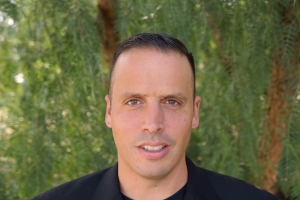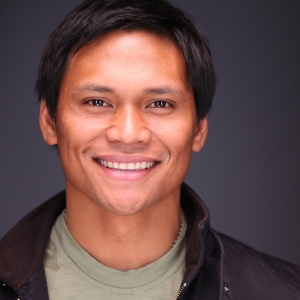Although we’ve long understood that asteroids are not simply the rubble of the universe, but potentially profitable stores of precious minerals, humanity has never been able to unlock this value. Y Combinator startup Astroforge wants to succeed where other companies have failed, by becoming the first to mine an asteroid and bring the material back to Earth — and it’s aiming to do so as early as the end of the decade.
To kickstart its operations, the startup has closed a $13 million seed round, financing which co-founder Matt Gialich says will fund Astroforge through its first two missions, including an initial demonstration flight that’s scheduled to launch on a SpaceX Falcon 9 rideshare mission next year. The seed round was led by Initialized Capital, with investments from Seven Seven Six, EarthRise, Aera VC, Liquid 2 and Soma.
Astroforge’s two co-founders, Gialich and Jose Acain, say they have developed an innovative technique to refine materials in-space — but for now, they’re staying mostly mum on what it involves, and how it solves the myriad technical challenges for which asteroid mining is so notorious. They were able to share that the technology requires a high-rated vacuum and to be in zero-G to work. Gialich also shared that it won’t involve landing on an asteroid, as Astroforge is targeting bodies in the 20 meter to 1.5 kilometer in diameter range, meaning that some will be so small that they won’t even have gravitational fields.
There are a few other clues to the company’s future plans, scant though they may be. By the sounds of it, they are targeting a relatively lightweight operation, likely with a payload less than 200 kilograms to take advantage of affordable rideshare launches to geosynchronous and lunar trajectories. They’re also going after asteroids high in concentrations of the six platinum-group metals, including platinum and iridium, rather than water, helium or other minerals.
It’s a lofty ambition, and Astroforge is moving fast. The company has already lined up a partnership with OrbAstro to manufacture the first satellite for the demo mission, and Astroforge has also acquired a spot on a SpaceX Falcon 9 rideshare mission. It has also identified a number of candidate asteroids that are in a suitable orbit and have a suitable concentration of platinum-group metals. And there will be no lack of asteroids to go after; of the 10 million near-Earth objects, the company is interested in just under a million of these, Gialich said.

Astroforge co-founder Matt Gialich. Image Credits: Astroforge
(opens in a new window)
A handful of companies — notably Larry Page-backed Planetary Resources and Deep Space Industries — have attempted to conquer asteroid mining, and each invested (and lost) millions in the process. But despite the big risks and a long time frame for a return on investment, Astroforge wants to succeed where these ventures have failed.
“I think from an investor standpoint, you’ve seen a lot of interest in space, and deep tech, and space and deep tech natively just require longer timelines,” Gialich said. “We’re not a B2B SaaS company, we’re not going to be profitable in a year. […] When you look at the opportunity here — and the opportunity really is to mine the universe — this is such a huge opportunity that investors are willing to make the bet on a longer time horizon.”

Astroforge co-founder Jose Acain. Image Credits: Astroforge (opens in a new window)
The company was founded in January by Acain and Gialich, two veterans of the space industry with respective tenure at SpaceX and NASA, and Virgin Orbit. The company currently has four full-time employees, but it’s actively hiring for seven more positions.
“We now need to build a world-class team to go after this, as it’s a really hard problem to solve,” Gialich said. Later in the conversation, he added, “That’s the fun part of startups, right? It’s a big risk until you go do it.”

